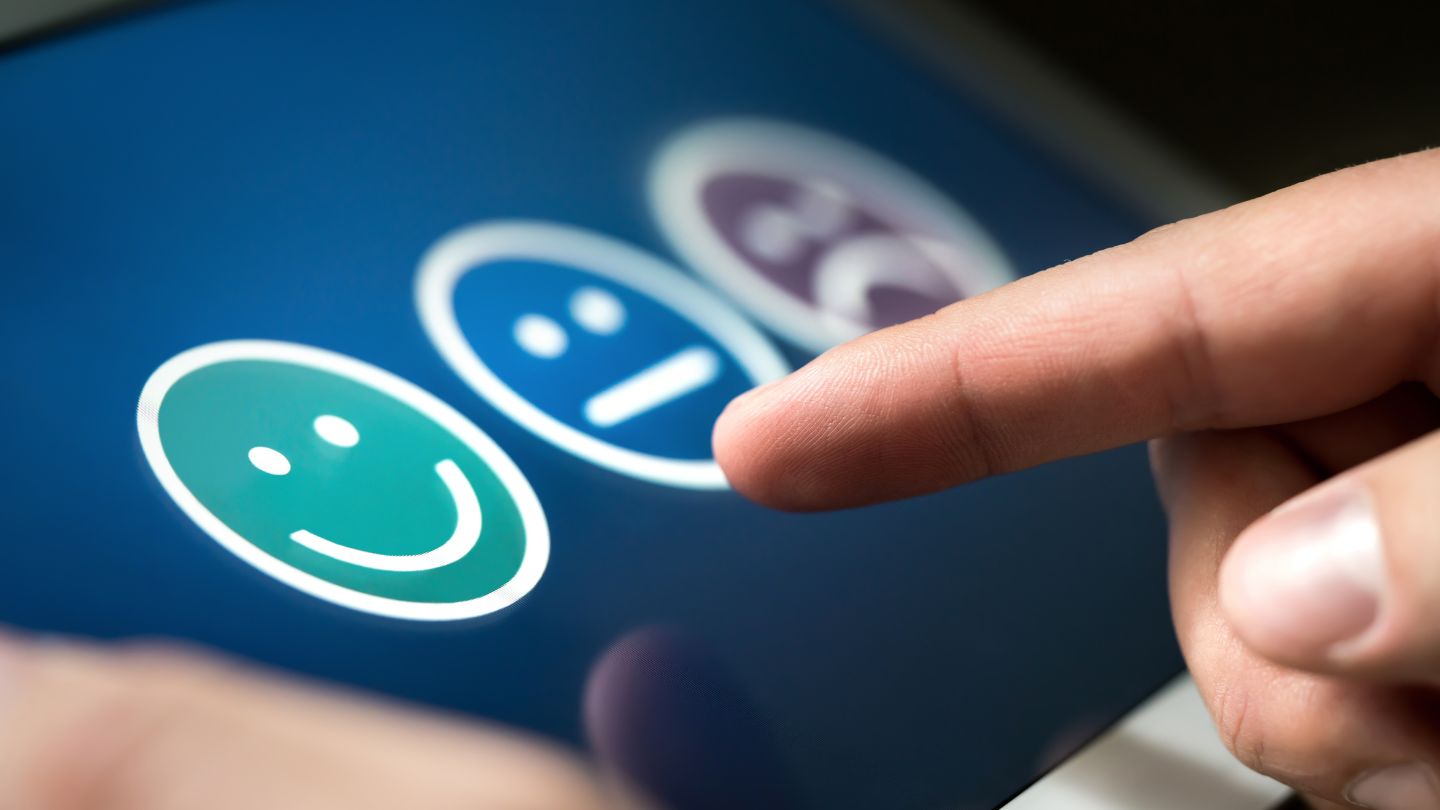10 Ways To Make Patient Scheduling Easy Through Your Call Center

In the fast-paced healthcare environment, efficient scheduling is essential to maintain patient satisfaction, optimize staff workload, and reduce administrative errors. A well-organized call center appointment scheduling system allows providers to handle high call volumes smoothly while ensuring every patient receives timely care. Mastering how to schedule patients effectively can transform your call center into a dependable hub for coordination, communication, and patient trust.
1. Strengthen Communication
Communication lies at the heart of call center scheduling best practices. The way agents interact with patients directly influences how effectively appointments are booked and managed. Clear, empathetic communication ensures patients feel valued, informed, and supported throughout the scheduling process.
- Train agents to confirm details clearly, such as appointment type, date, and time.
- Encourage an active listening approach to prevent miscommunication.
- Personalize conversations for returning patients to build trust and continuity.
When a new patient calls to schedule an appointment, your call center team should follow a structured yet compassionate process, verifying insurance, explaining available time slots, and confirming preferences. These efforts not only reduce confusion but also enhance patient loyalty.
Strong communication doesn’t just ensure accuracy, it also improves staff efficiency and promotes consistency across the entire healthcare system. Understanding how to schedule patients effectively involves more than time management, it requires aligning patient needs, staff availability, and healthcare technology to create a seamless scheduling workflow that minimizes administrative friction.
2. Implement Automation to Improve Efficiency
Automation is transforming call center appointment scheduling by reducing manual work and increasing accuracy. Smart scheduling software can handle multiple appointment requests simultaneously while sending instant confirmations to patients.
- Use automated reminders via text or email to reduce no-shows.
- Sync call center systems with electronic health records for real-time updates.
- Enable automated follow-ups to fill cancellations or missed appointments quickly.
Leveraging proactive scheduling strategies, such as predictive reminders and outreach programs, illustrates how call centers can improve patient no-show rates, ultimately leading to better attendance and patient engagement. When it comes to how to schedule patient appointments efficiently, automation ensures no request falls through the cracks. It minimizes repetitive tasks, allowing staff to focus more on patient care than data entry.
By integrating automation, healthcare organizations achieve precision, save time, and boost scheduling consistency across departments.
3. Improve Coordination Across Teams
Coordination between departments is critical for seamless call center scheduling best practices. When call center agents, clinical staff, and administrative teams operate on the same page, patients benefit from faster booking and fewer rescheduling issues.
- Centralize patient information across all departments.
- Use shared dashboards to view appointment availability in real time.
- Establish standardized protocols for emergency, follow-up, and routine visits.
Understanding how do you schedule patient appointments effectively requires collaboration. Every agent should know which services or specialists are available and how to balance workload among providers.
This level of coordination allows healthcare teams to streamline processes and prevent scheduling conflicts, an essential aspect of how to schedule appointments for patients in a modern healthcare ecosystem.
4. Boost Efficiency with Data and Metrics
Efficiency in healthcare scheduling is driven by continuous improvement and data-based decisions. Monitoring performance indicators allows call centers to adjust workflows, improve utilization, and increase patient throughput.
- Track patient call volume, appointment lead times, and cancellation rates.
- Use analytics tools to identify bottlenecks in scheduling processes.
- Review agent performance and adjust staffing levels accordingly.
Call centers that analyze these trends master effective ways to schedule patients, ensuring no time is wasted and every appointment slot is optimized.
Additionally, keeping a close eye on scheduling metrics enables managers to identify gaps, such as missed follow-ups or overbooked providers, so they can make timely corrections.
When agents understand how to schedule more patients using insights from data, patient access and overall operational efficiency both improve significantly.
5. Streamline the Scheduling Process for Patients
For many patients, the call center is their first point of contact with a healthcare provider. Simplifying the scheduling journey builds confidence and fosters a positive first impression.
- Offer online and phone booking options for maximum convenience.
- Keep wait times short and ensure agents have quick access to provider availability.
- Enable after-hours scheduling for patients with busy schedules.
Implementing these patient scheduling tips makes it easier for patients to manage their appointments without frustration. For example, when a new patient calls to schedule an appointment, a well-designed call center workflow can guide them smoothly through registration, service selection, and confirmation, all within minutes.
Simplified processes empower patients, reduce no-shows, and help organizations better understand how to schedule patient appointments across multiple departments.
6. Utilize Technology for Smarter Scheduling
Technology is the backbone of how to schedule patients effectively in today’s healthcare landscape. Cloud-based scheduling systems and AI-driven tools allow for intelligent booking, real-time data synchronization, and patient segmentation.
- Implement tools that optimize appointment slot utilization based on demand.
- Integrate machine learning models to predict patient behavior and peak times.
- Use multi-channel platforms that combine phone, text, and chat scheduling options.
Integrated CRM platforms play a vital role in connecting these systems, demonstrating why healthcare CRM systems are essential for streamlining appointment scheduling by centralizing data, reducing duplication, and improving continuity of care. This technological advantage not only enhances call center appointment scheduling but also ensures that each patient receives care faster and with fewer administrative delays.
Modern tools help staff identify effective ways to schedule patients by matching patient needs with provider availability, reducing wait times and maximizing appointment fill rates.
7. Maintain a Consistent Feedback Loop
Patient feedback provides direct insights into what’s working and what isn’t within your scheduling framework. A proactive feedback system helps teams refine their processes and improve patient satisfaction over time.
- Send post-call surveys or short text polls to gather input.
- Track satisfaction trends and address recurring issues promptly.
- Use patient feedback as part of staff coaching and quality improvement sessions.
Monitoring these trends helps healthcare leaders refine how to schedule more patients strategically, balancing operational capacity with patient expectations.
Ultimately, data-driven refinement is key to sustaining excellence in call center scheduling best practices.
8. Build an Empathetic, Patient-Focused Culture
Even the best tools can’t replace human empathy. Healthcare is personal, and every call center interaction should reflect that. When agents are trained to handle patients with care and understanding, scheduling becomes more than an administrative task; it becomes a trust-building opportunity.
- Reinforce emotional intelligence in all staff training programs.
- Empower agents to resolve conflicts and accommodate urgent needs.
- Encourage transparency and positivity in every conversation.
This compassionate approach defines how to schedule patient appointments with care and professionalism. The right balance of empathy and efficiency keeps patients loyal, ensuring they return for future visits.
9. Ensure Compliance and Accuracy
Accuracy and compliance are vital in maintaining a reliable scheduling process. Every patient call should meet regulatory standards and internal policies to avoid errors that could affect treatment or billing.
- Validate patient data and insurance details during every call.
- Maintain detailed logs for audit and review.
- Follow HIPAA guidelines for all communications.
When compliance is built into every step of the scheduling workflow, healthcare call centers achieve both accuracy and accountability. This strengthens the foundation for how to schedule appointments for patients with consistency and precision.
10. Continually Refine and Innovate
Patient expectations evolve, and so should your scheduling system. Regularly updating your technology, training programs, and communication methods keeps your call center adaptable and future-ready.
- Introduce new scheduling features that enhance convenience.
- Benchmark performance against industry standards.
- Encourage feedback-driven innovation within your call center team.
Many healthcare organizations are also recognizing the benefits of outsourcing healthcare appointment scheduling to specialized partners who bring expertise, scalability, and advanced tools for managing patient flow efficiently. Organizations that focus on continual improvement always lead in how to schedule patients effectively, adapting faster to both operational changes and patient demand.
Final Thought
Efficient scheduling is the cornerstone of a successful healthcare call center. From automation and coordination to empathy and analytics, these strategies outline how to schedule patient appointments in a way that balances precision with compassion. By mastering call center scheduling best practices, healthcare organizations can reduce wait times, boost patient satisfaction, and maximize resource utilization.
For providers seeking scalable solutions for scheduling, engagement, and operational efficiency, Sequence Health delivers advanced healthcare communication systems and appointment management expertise. Visit us to transform your scheduling process and improve the way you connect with patients every day.
Frequently Asked Questions
What is the most effective way to schedule patients through a call center?
The most effective approach combines automation, real-time coordination, and clear communication. Using intelligent scheduling systems and training agents in empathy ensures appointments are booked accurately while improving overall patient satisfaction.
How can automation improve call center appointment scheduling?
Automation streamlines workflows by handling confirmations, reminders, and follow-ups automatically. It reduces no-shows, improves response times, and helps staff focus more on patient care rather than repetitive administrative tasks.
What are some practical patient scheduling tips for healthcare call centers?
Key patient scheduling tips include maintaining organized communication, offering multiple booking channels, minimizing wait times, and tracking performance metrics to identify bottlenecks. These best practices make the process more efficient and patient-friendly.
How do you schedule patient appointments effectively in a busy healthcare environment?
Scheduling effectively requires balancing technology with personal care. Using centralized systems for visibility, predictive analytics for planning, and empathetic communication helps ensure every patient is scheduled promptly and appropriately.
Why is call center appointment scheduling important for patient experience?
Call centers serve as the first point of contact for most patients. Efficient call center appointment scheduling reduces frustration, shortens wait times, and ensures patients feel heard, leading to stronger trust and higher retention rates.







